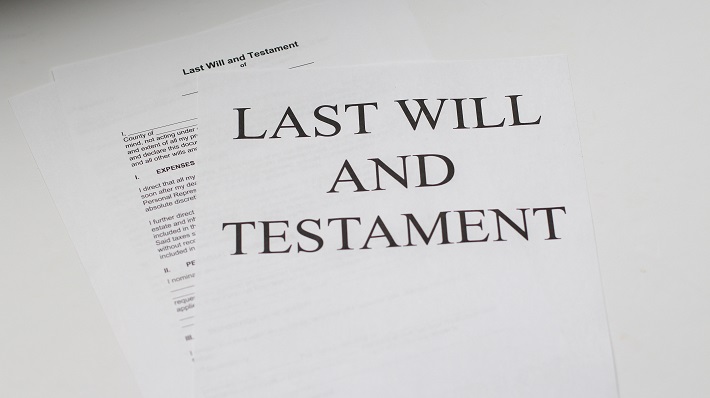
In this comprehensive guide, we’ll explore the importance of having a will and the steps you should take to secure your legacy.
The significance of having a will
Why do you need a will?
A will is a legal document that outlines how your estate, including your property, money, and possessions, should be distributed after your death. Even if you don’t consider yourself wealthy, having a will ensures your wishes are respected and your loved ones are taken care of. Without a will, your estate is distributed according to the intestacy rules, which may not align with your desires.
Benefits of writing a will
Writing a will offers several benefits beyond determining the distribution of your assets. Firstly, if you live with a partner and you are not married or in a civil partnership, they won’t automatically inherit your estate without a will. Secondly, if you have children, a will allows you to nominate a legal guardian who will care for them in the event of your passing. Additionally, a will enables you to express your funeral wishes and can help mitigate inheritance tax.
Consequences of dying without a will
Dying without a will, also known as dying intestate, can lead to complications and unintended consequences. The rules of intestacy determine how your estate is distributed, and these rules may not align with your preferences. For example, if you have a spouse and children, your spouse may only receive a portion of your estate, with the remainder divided among your children. In some cases, if you have no surviving relatives, your estate may be claimed by the Crown.
The will-writing process
Gathering information
Before your appointment, gathering relevant information that will assist in the will-writing process is helpful. This information includes details about your assets, such as property, savings, investments, and valuable possessions. You should also account for any debts or liabilities, such as mortgages or loans. Additionally, consider who you would like to appoint as the executor of your will, the person responsible for carrying out your wishes.
Consultation with a solicitor
During your appointment, the solicitor will guide you through the will-writing process. They will ask questions to understand your wishes and ensure your will accurately reflects your intentions. The solicitor will advise on legal matters, including inheritance tax implications and specific considerations based on your unique circumstances. After the consultation, the solicitor will draft your will.
Review and signing of your will
Once the solicitor drafts your will, they will allow you to review it thoroughly. It’s crucial to carefully read the document to ensure it accurately reflects your wishes. If any changes or adjustments are necessary, discuss them with your solicitor. Once you are satisfied with the final version, you will sign the will in the presence of witnesses, who will also sign to validate the document.
Planning beyond a will
Power of attorneys
While a will is essential to estate planning, it’s also important to consider other aspects of protecting your interests and wishes. One such measure is establishing a lasting power of attorney. This legal document allows you to appoint a trusted individual to make financial and personal decisions on your behalf if you become incapacitated. By selecting someone you trust as your attorney, you can have peace of mind knowing that they will handle your affairs in accordance with your wishes.
Periodic review and updates
Creating a will is not a one-time task; it requires periodic review and updates. Life circumstances change, and it’s essential to ensure that your will accurately reflects your current wishes and circumstances. Significant events such as marriage, divorce, birth, or death in the family may necessitate modifications to your will. You should review your will regularly and consult with a solicitor to make any necessary updates to ensure you preserve your legacy.
Conclusion
Writing a will is crucial to protect your loved ones, secure your legacy and ensure your wishes are respected. Should you so wish, they also allow you to leave a lasting impact by supporting charitable causes and, in some cases, receive relief from IHT for doing so. However, the rules are changing, so read our charitable giving article.
Contact private client partner James McMullan today.
Note: This article is not legal advice; it provides information of general interest about current legal issues.

